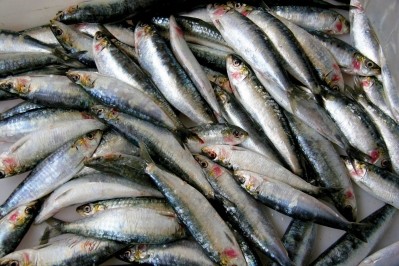Australia
Study finds whale waste could save declining fisheries

According to a study by Flinders University in Australia, the marine mammal’s nutrient-rich defecations sustain fish stocks and promote marine productivity in whale feeding grounds.
The study found that while whales do consume huge quantities of prey, they also passed a large proportion of the nutrients they consumed back into ocean surface waters, providing food for other prey fish.
Dr Trish Lavery said that whether whales compete with fisheries for marine resources has been hotly debated, especially in light of depleting fishing stocks in Asia.
“Previous models have assumed that all prey eaten by whales is lost to marine ecosystems, and thus harvesting whales would allow the prey that would have been consumed by that whale to become available for harvest by fisheries,” Lavery said.
“We modelled the effect of blue whales on marine productivity by examining both the amount of prey consumed and the amount of prey stimulated as a result of the whales defecating large amounts of nutrient-rich faeces in the surface waters of the ocean.
“We found that blue whales essentially fertilise their own feeding grounds with the nutrients needed to sustain the growth of their krill prey,” he added.
The study also said that global declines in marine production occurred at the same time as whale stocks were being reduced during the Industrial whaling era, although a direct correlation could not be made.
Lavery said her research suggested that maintaining or increasing whale numbers could form part of a long-term strategy for the replenishment of surface fisheries.



























